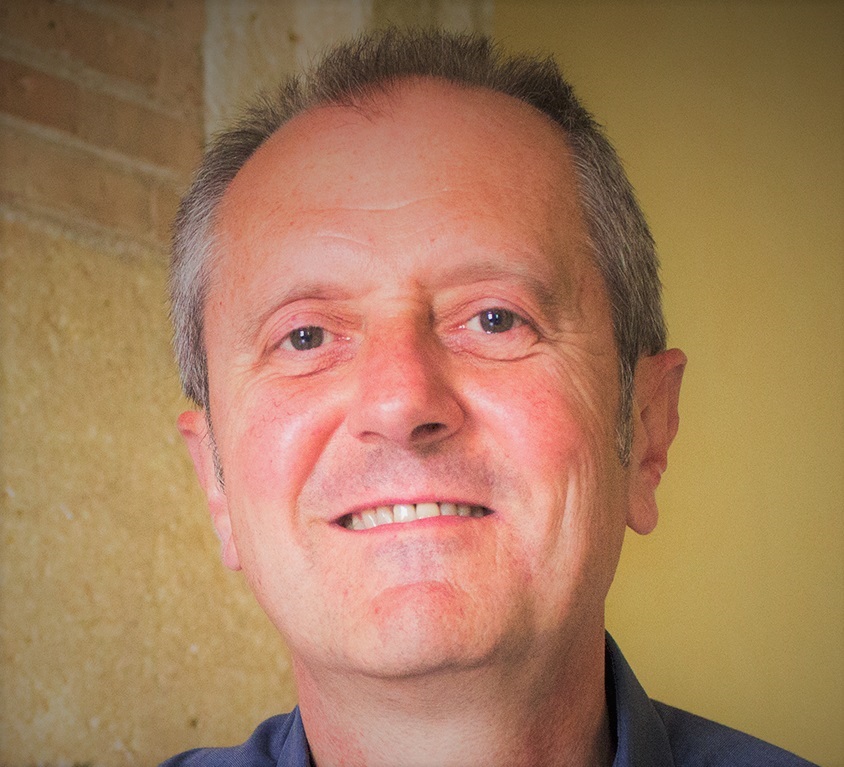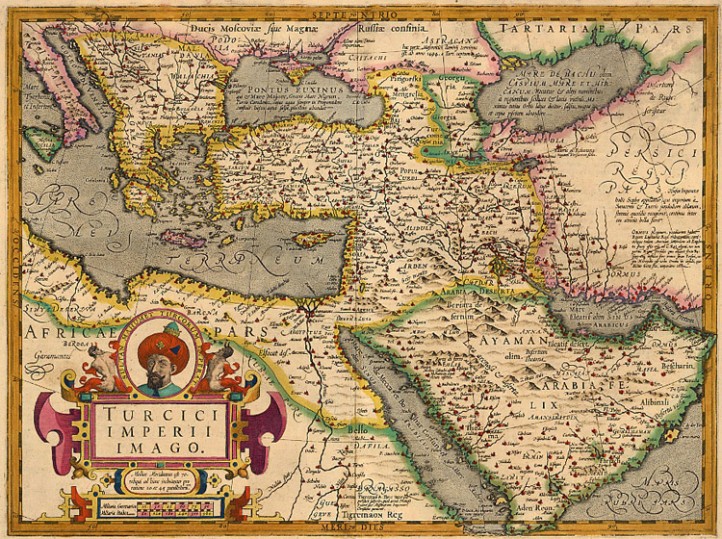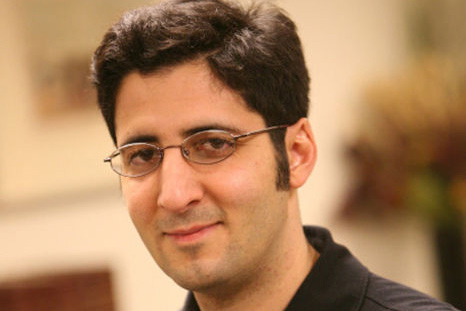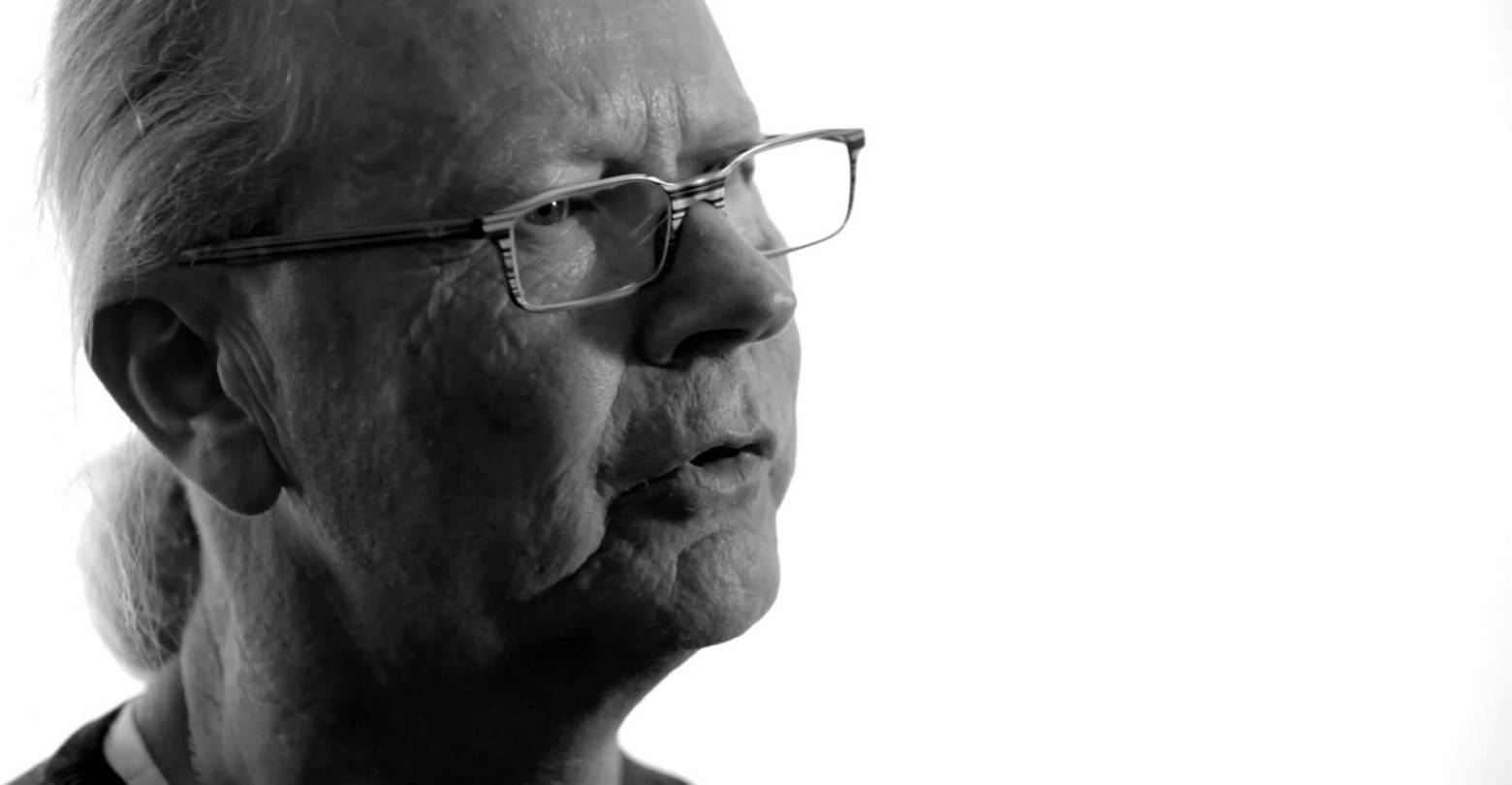Iain Chambers, ‘A molecular Mediterranean and metaphysical shipwrecks’
A consistently and purely maritime perspective on the land is difficult for a territorial observer to comprehend. Our common language constructs its markers quite self-evidently from the land. Carl Schmitt, Land and Sea: A World-Historical Meditation Reflection is the courage to make the truth of our own presupposition and the realm of our own goals into the things that most deserve to be called into question. Martin Heidegger, ‘The Age of the World Picture’ Schmitt and Heidegger: two deeply conservative thinkers, and both directly associated with Nazism, who nevertheless leave us with a radical interrogation of the manner and method of our thinking. As in all Occidental philosophy, what they have to say is bound to the negated geography of their language. There are no bodies here, and certainly no others; or rather the latter are displaced and reduced to the excluded world upon which they build their pronouncements. Both thinkers are obsessed with the West’s worlding of the world. Although they never give up on the white myth of the universalism of their thinking, they do take [...]






